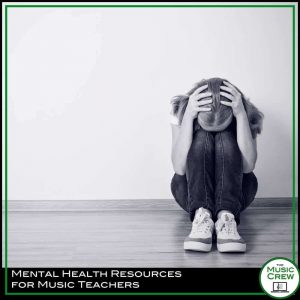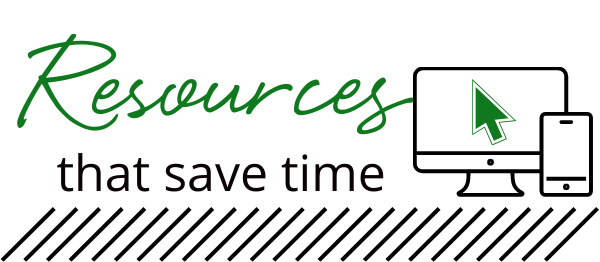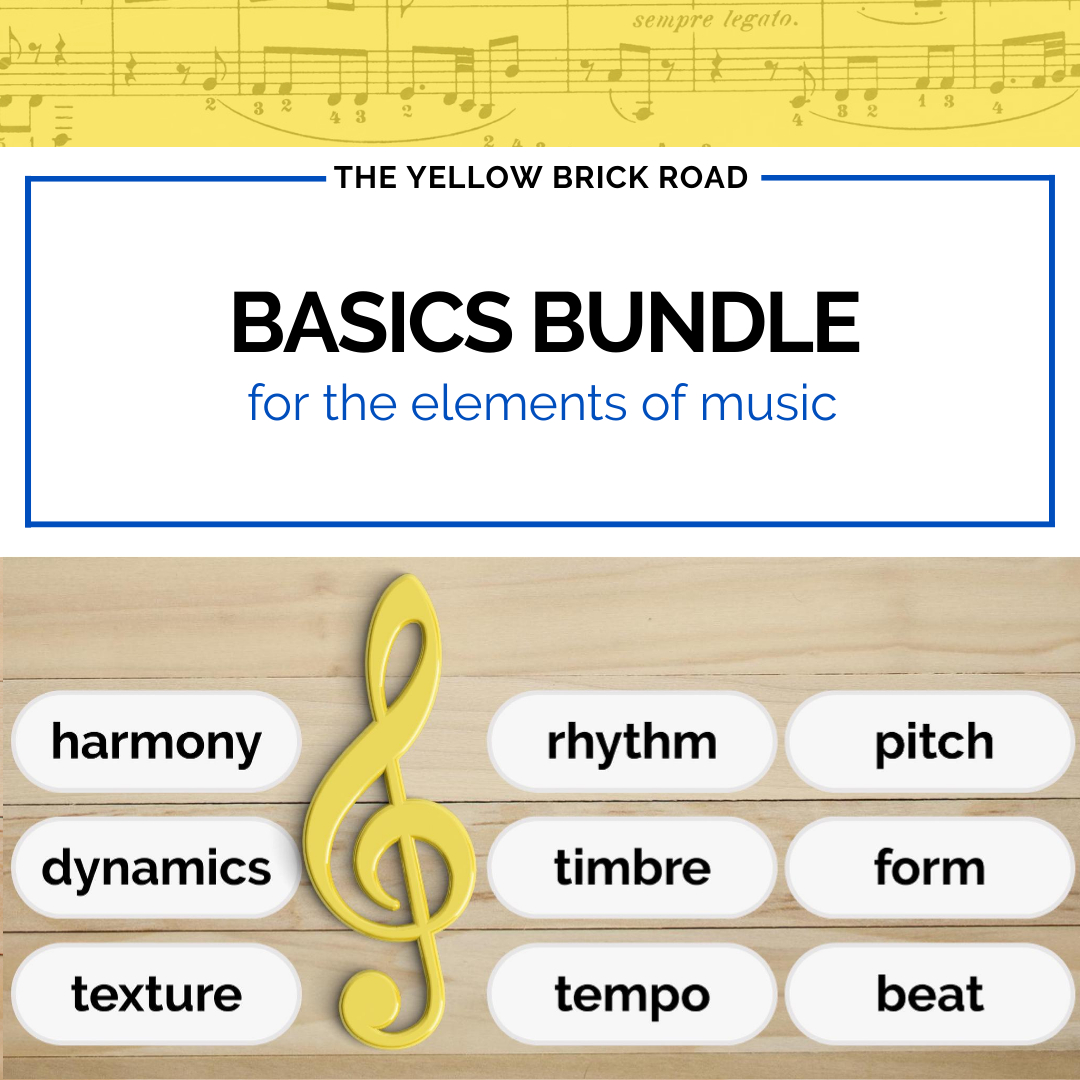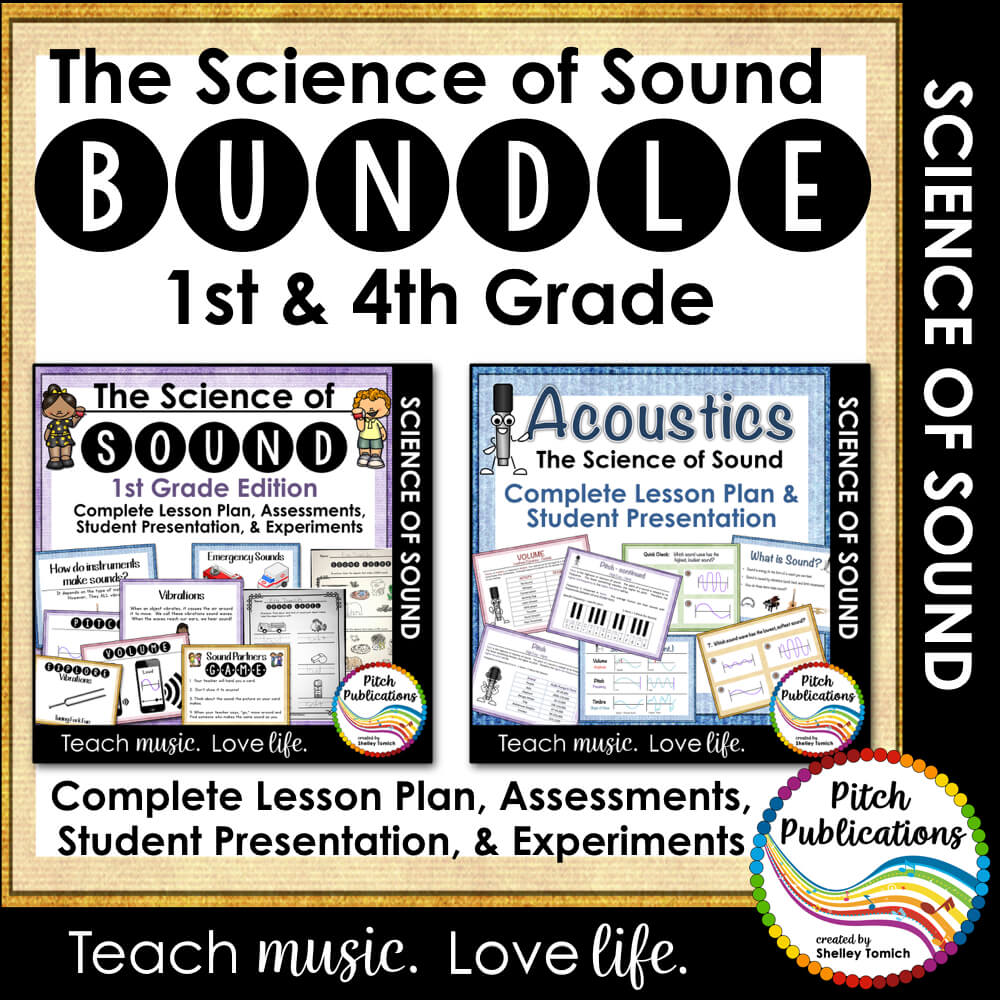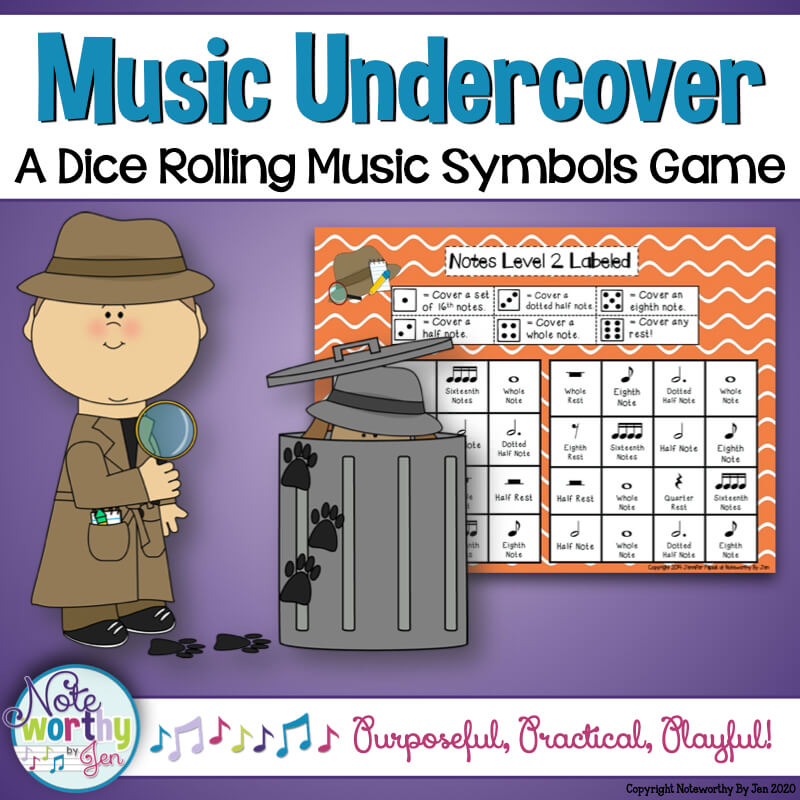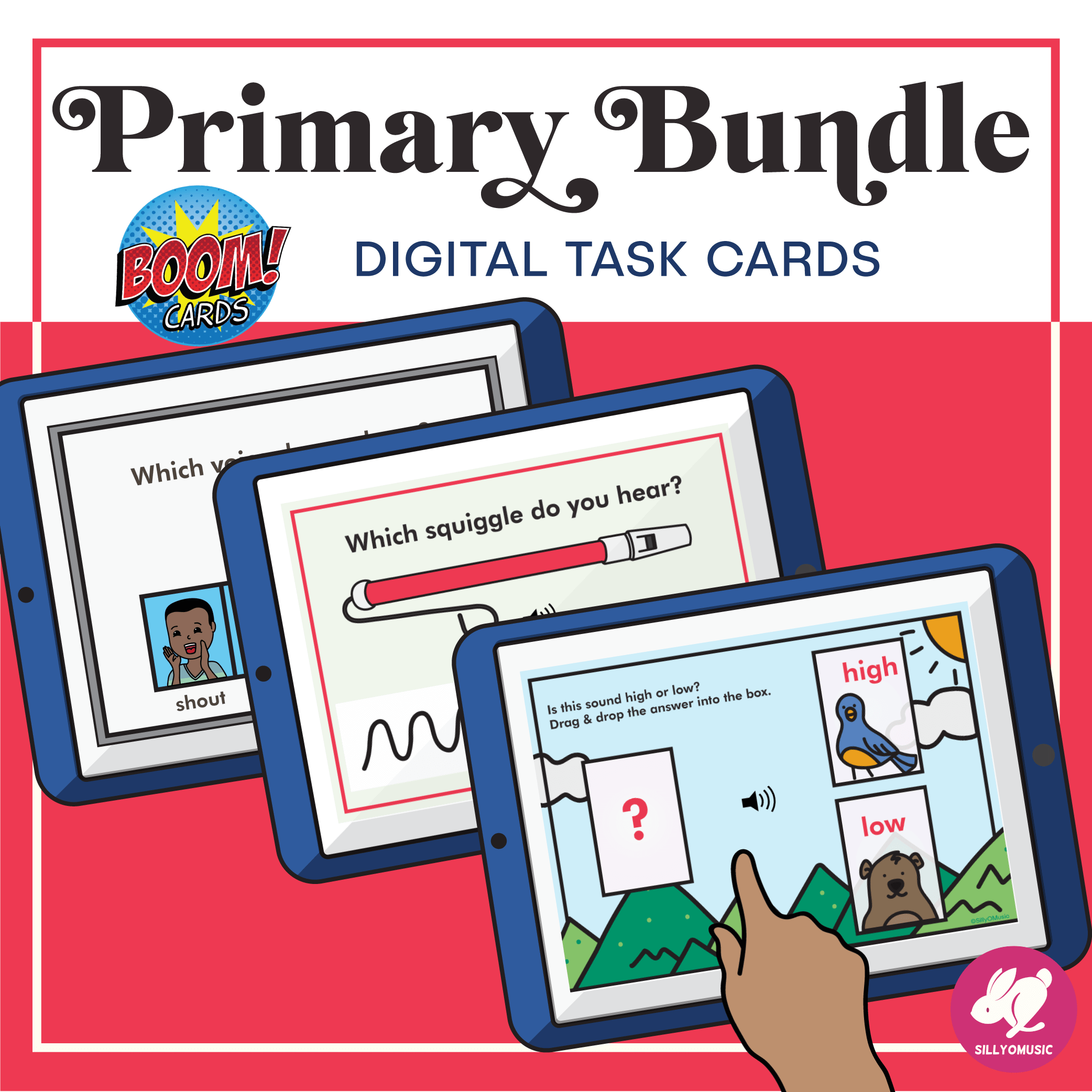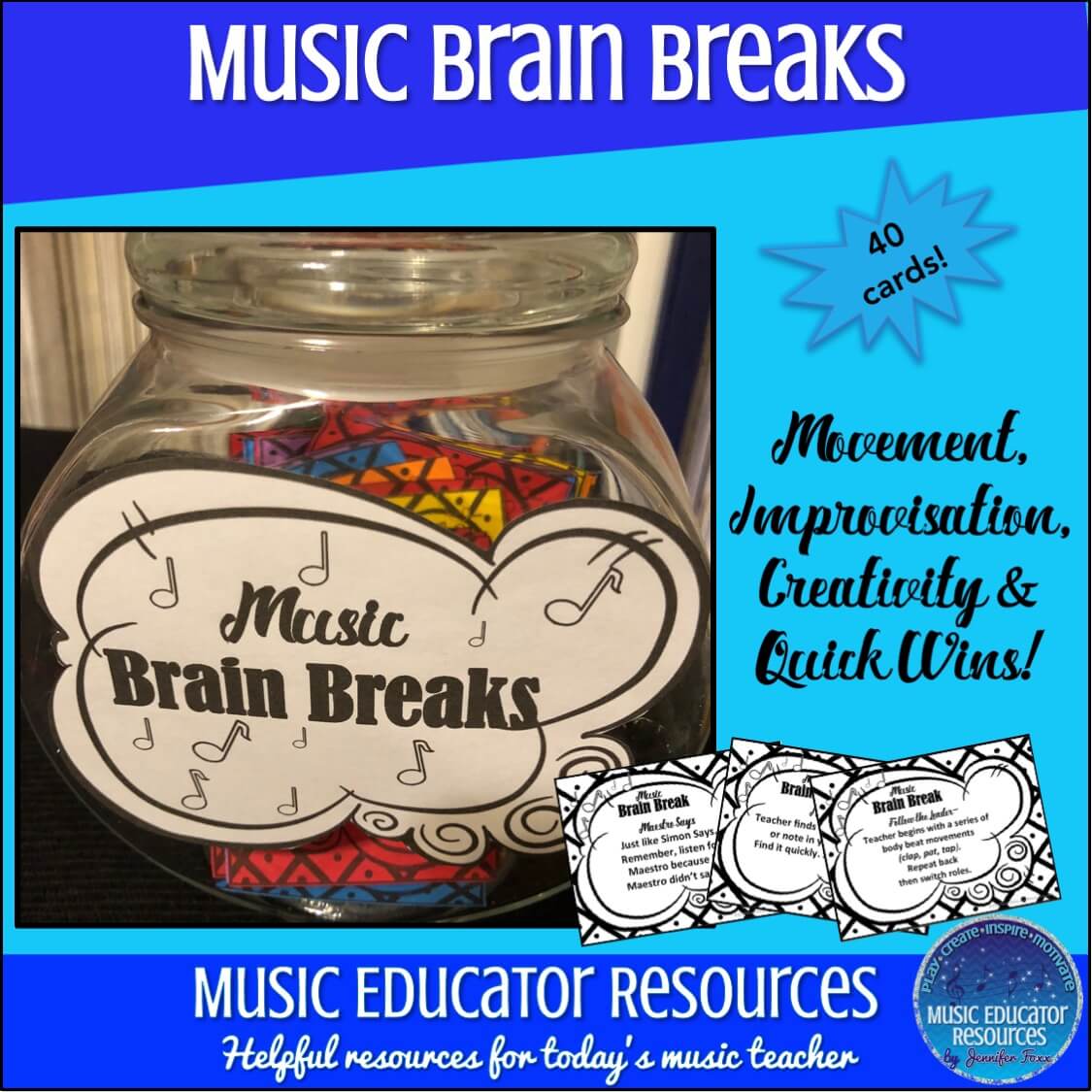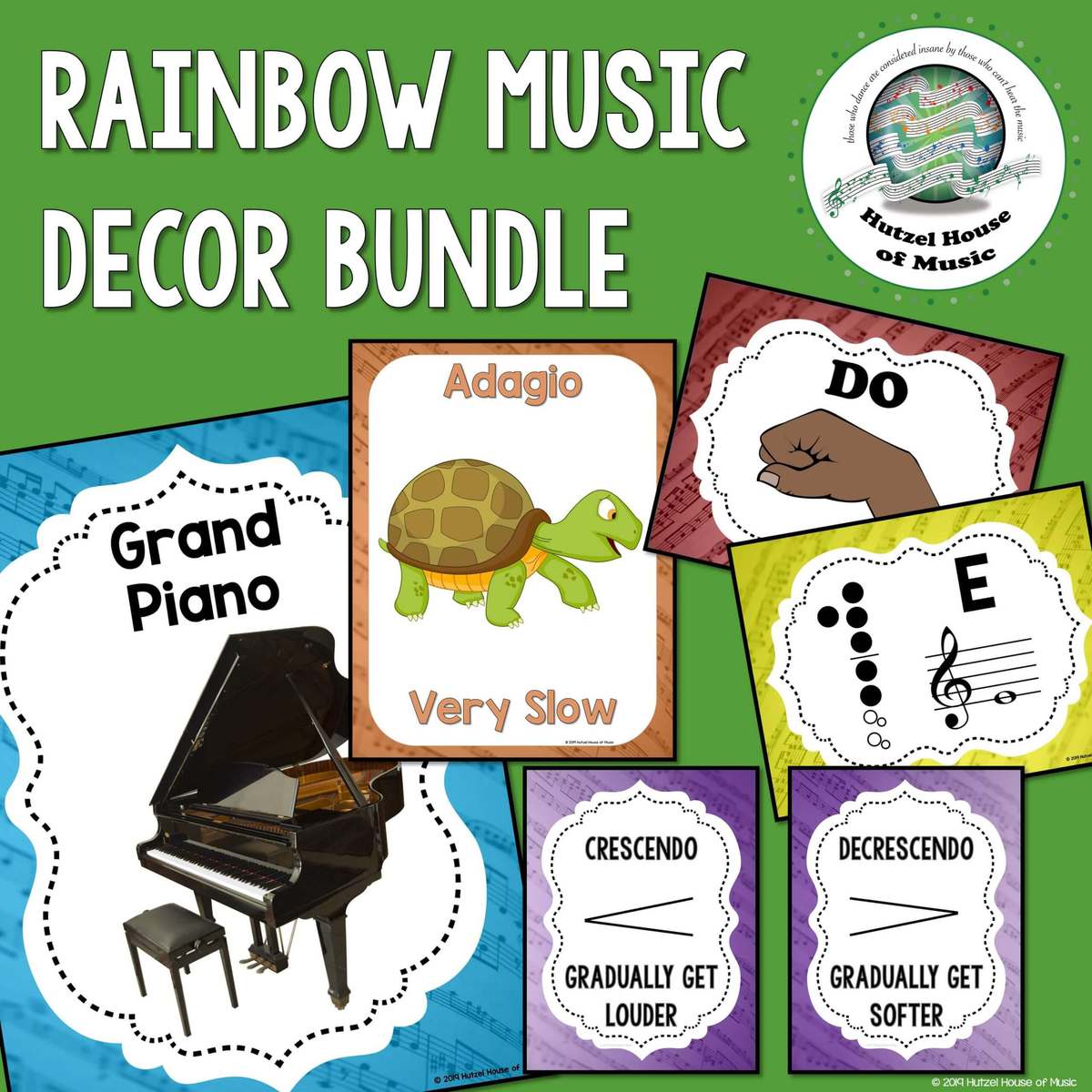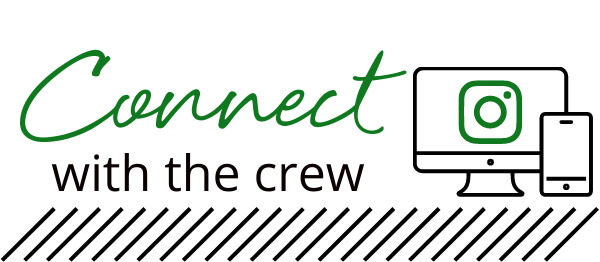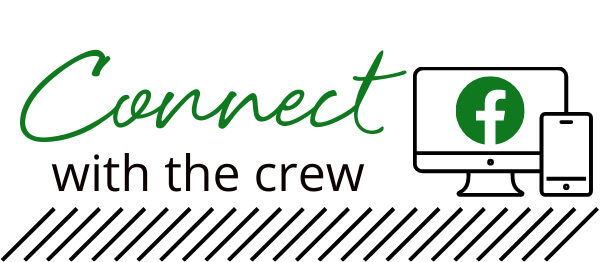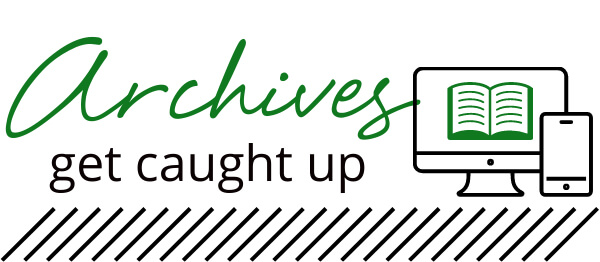
“Enjoy your break!” If I have heard it once, I’ve heard it a hundred times. Of course, everyone who says this phrase to me means well. For the most part, I believe they truly wish for me to enjoy my break. I used to struggle, like many people, to know how to take a break. We’ve talked on this blog a bit about taking care of ourselves because if we don’t eventually we will run out of the good part of us. The part we use to teach our kids and take care of our families. I did a little research on the health benefits of a break. The results surprised me.
According to Dr. Herbert Benson, associate professor of medicine at Harvard Medical School and leader of the study, the research findings are a watershed because they show that an individual’s state of mind affects the body – on the physical and genetic levels. It’s well known that the “relaxation effect” has a strong positive impact on the level of the growth hormone which repairs cells and tissue, as well as “feel – good” chemicals such as serotonin. This comprehensive study has shown that long-term practitioners of meditation have far more “disease-fighting genes” active than those who do practice any form of relaxation.
Out of all the relaxation tips received the most popular was sleep. The other one most mentioned was disconnecting – meaning from phone or email. Try putting your phone in the other room for a day or at a minimum, a half of a day. Don’t check your email for one whole day. (I literally, just heard some of you gasp.) Why wouldn’t I take a break? Some use our children as an excuse – “what if they need to get in touch with me?” Some people use their phone as medication – a suspension from their reality. While others simply don’t realize the effect technology is having on their lives.
Our brains were not designed to stay engaged 24/7. We need rest. One particular study stated how being on technology affects our focus, memory, and sleep cycles.
Attention and focus humans have been examined by brain scans. A study using neuroimaging of frequent Internet users showed twice as much activity in the prefrontal cortex of the brain compared to sporadic users.
This study helps us know that we are not winding down when we lay in bed trying to relax by skimming through social media accounts.
It is healthy to set boundaries. Studies show that technology is the most invasive thing in our lives. Take a moment and just think about the amount of technology you use today compared to when you were a child. Think about how much more children today use technology today than when you were a child. A Study from the University of Maryland specifies that when students unplugged from technology, they reported an improved quality of life. Although we should have a day to recharge, relax, recoup, or unwind, scientific studies point to giving up our technology for a short time every day to improve the overall quality of our lives.
This was not what I expected when looking into “How is the best way to relax over the holidays.” Almost everyone that I spoke with knew exactly what activity relaxed them. It wasn’t difficult to answer that question. The topic that seemed to perplex most was how do I continue to relax once the break is over. And again, studies pointed to a consistent or daily disconnecting. Self-discipline is what needs exercising if we are to make this practice a priority. I hope you will find some time this holiday season to relax but more importantly, once you return, to think through how you can consistently and truly disconnect.
Enjoy your Break!


